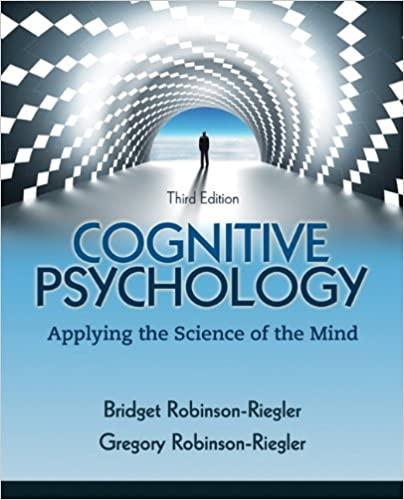Answered step by step
Verified Expert Solution
Question
1 Approved Answer
Understanding the microaggression This discussion will employ an activity to better understand microaggresions (adapted from Breaking the Prejudice Habit). Before you respond to the discussion,
Understanding the microaggression This discussion will employ an activity to better understand microaggresions (adapted from Breaking the Prejudice Habit). Before you respond to the discussion, download and print out the Microaggression Worksheet. If your birthday is in a month from January to June, use the first sheet (A). If your birthday month is from July to December, use the second sheet (B). In the handout, draw a line connecting the statements in the first column with all the possible interpretations from the second column. Each statement from Column A may connect with more than one interpretation. Be ready to explain each choice. Think critically about how a person could interpret these statements as a "put down." After you have finished matching the statements with the interpretations, choose four statements and rewrite them so that they do not contain a hidden or negative message. For example, the statement "How long have you been in this country?" implies that the speaker believes the person was born in another country. This assumption could be right or wrong; a neutral wording of the statement might be "Where did you grow up?" or "How long have you lived in this town?" After you have rewritten the statements, answer the questions below. Alvin Poussaint refers to the cumulative impact of experiencing microaggressions as "death by a thousand nicks." Do you agree or disagree with this statement? Explain your answer. When people discuss microaggressions, a common response is that they are "innocent acts" and that the person who experiences them should "let go of the incident" and "not make a big deal out of it." Do you agree or disagree with this point of view? Explain your reasoning. If a person from a marginalized group pointed out to you that one of your comments was a microaggression, how would you respond at the time? Would it change the likelihood of your making a similar comment in the future? Why or why not? Derald Wing Sue has argued that the impact of subtle prejudice, such as microaggressions, is more harmful than the impact of blatant discrimination. Do you agree or disagree with this proposition? Explain your
Step by Step Solution
There are 3 Steps involved in it
Step: 1

Get Instant Access to Expert-Tailored Solutions
See step-by-step solutions with expert insights and AI powered tools for academic success
Step: 2

Step: 3

Ace Your Homework with AI
Get the answers you need in no time with our AI-driven, step-by-step assistance
Get Started


